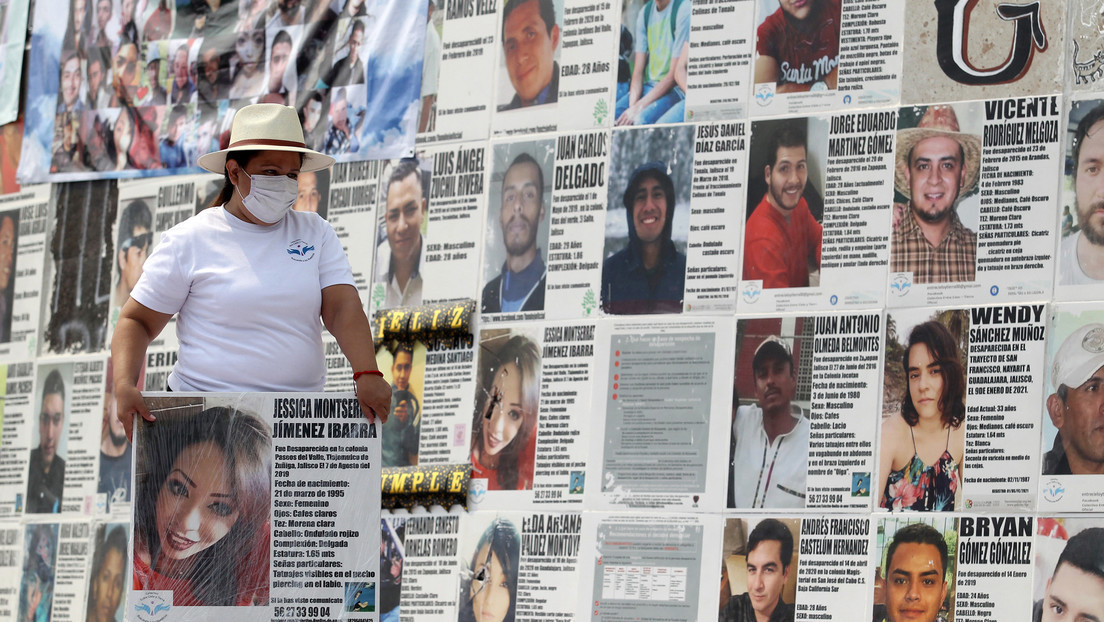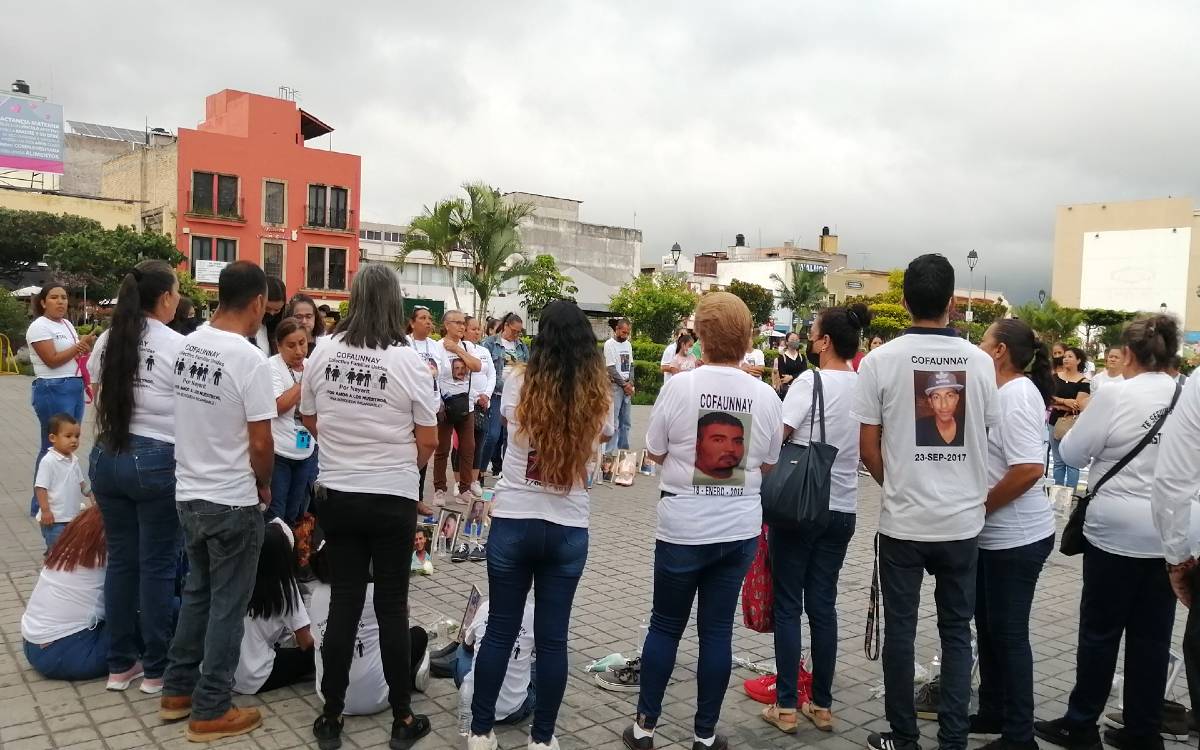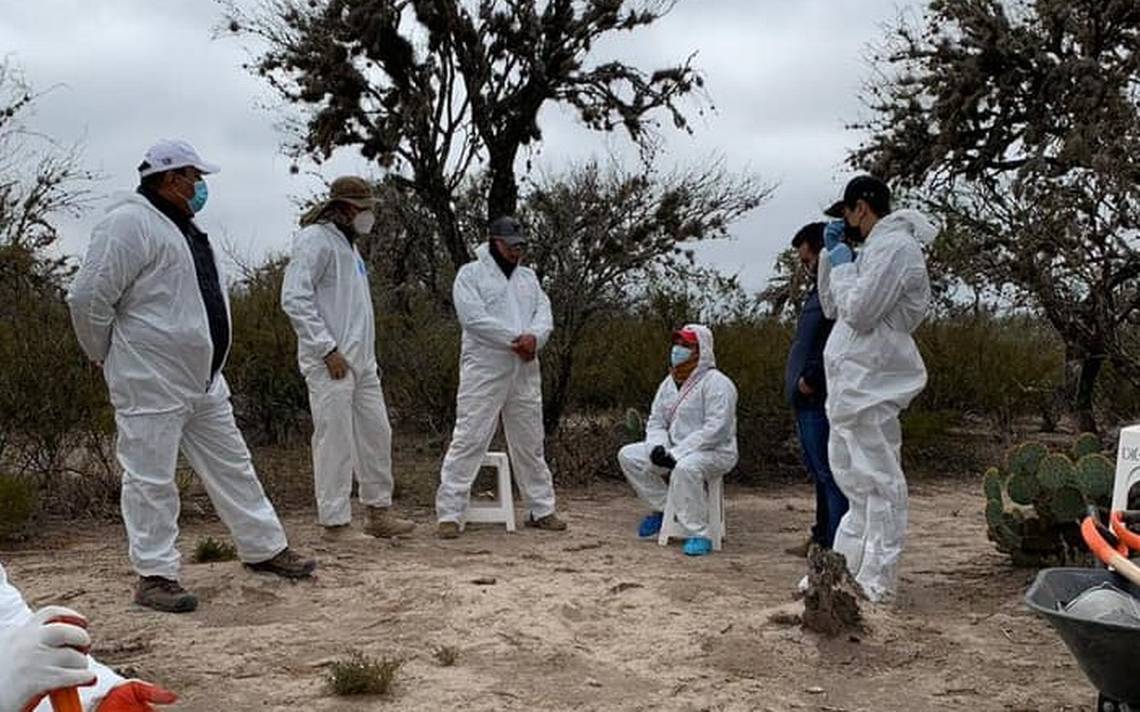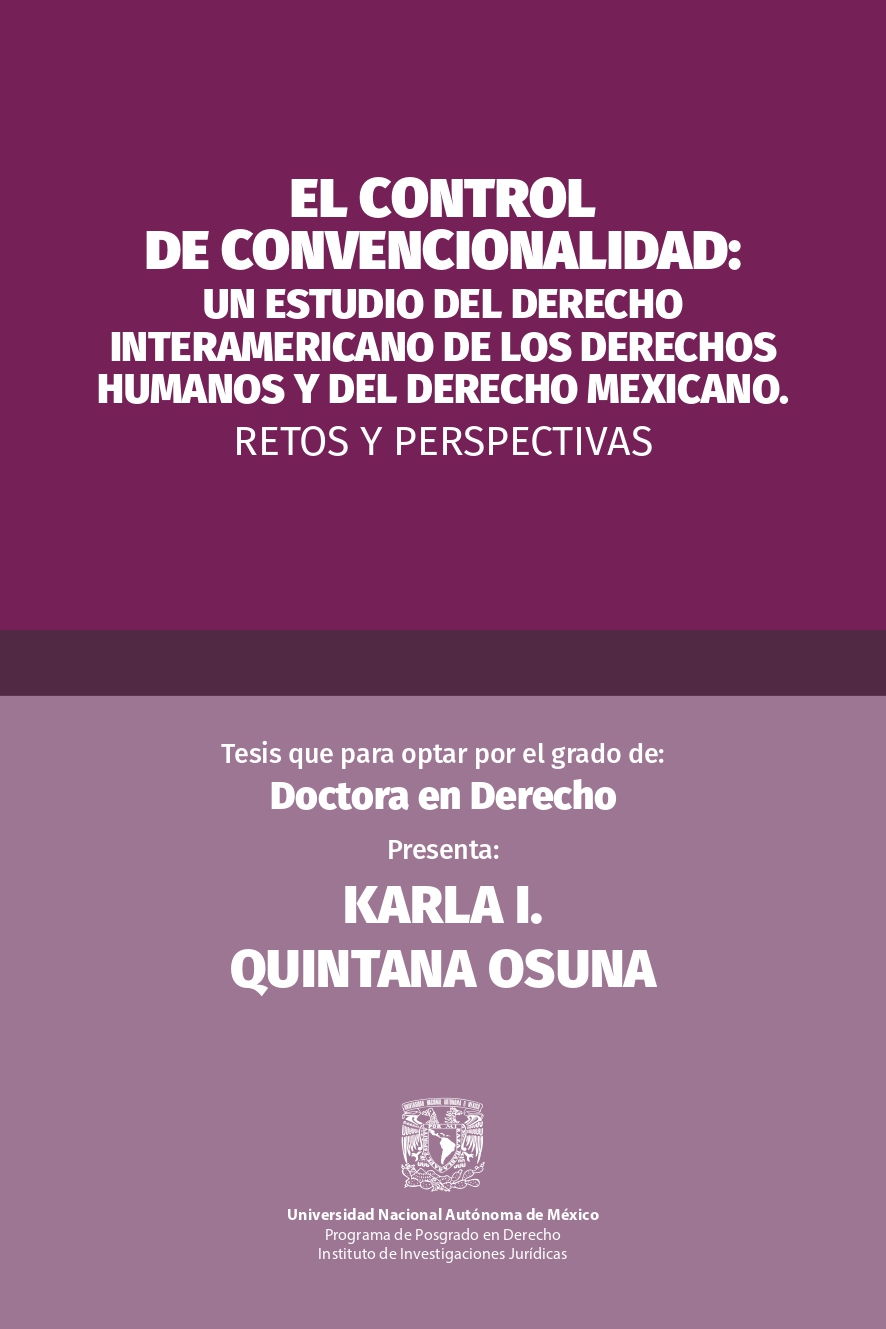Article published on December 14, 2020 by Animal Político, see original article.
Our model of criminal prosecution is one of the few in the continent that still maintains the tasks of investigating and prosecuting under the figure of the Public Ministry. The justification is that this is the only way to achieve results before the courts. However, despite the fact that the state owes an explanation, in terms of truth and justice, to more than 79,700 missing persons and their families, and there are tens of thousands of open investigations nationwide, there are only 35 convictions for forced disappearance or disappearance committed by individuals.
These disappearances must be investigated by the prosecutor's offices—both the General Prosecutor's Office and the state prosecutor's offices, according to their jurisdiction. One would think that these investigations are carried out within the same unit or that, at the very least, the information they have is shared to conduct a diligent investigation. However, investigations can become fragmented within the General Prosecutor's Office to over 40 different offices.
In parallel, there has been a neglect of the forensic systems—largely dependent on the prosecutor's offices—which have been unable to respond to the forensic crisis facing the country. There are tens of thousands of unidentified bodies. Daily discoveries of clandestine graves, illegal crematories (misleadingly referred to as “kitchens”), and bodies exposed to the elements are reported. To date, the National Search Commission (CNB) has recorded more than four thousand clandestine graves.
The forensic services or institutes are responsible for conducting autopsies and gathering all the information necessary to identify individuals. In most cases, these institutions are overwhelmed and lack sufficient budget and personnel. The records where the data about the bodies should be found are often illegible, outdated, and there is no national systematization in place. Genetic information from both the bodies and the families must be sent by each institution to a National Forensic Data Bank.
The Attorney General's Office (FGR) is responsible for the National Registry of Unidentified and Unclaimed Deceased Persons, the National Forensic Data Bank, the National Exhumation Program, and a national registry of mass graves. As of today, none of these records have been submitted to the National Search System.
To begin addressing the crisis in the search and identification of persons, the National Search System approved the Standardized Search Protocol (PHB), which was developed with the families of missing persons, civil society, international organizations, as well as federal and state authorities. The PHB establishes obligations for various authorities—among them the Attorney General's Office (FGR) and state prosecutor's offices—to carry out different types of searches in a coordinated manner, each within their competence, to share all information that may help find and, if applicable, identify individuals. Both the FGR and the National Conference of Justice Prosecution, members of the National Search System, abstained from voting on it.
On the other hand, progress has been made in the participatory construction of the Extraordinary Mechanism for Forensic Identification (MEIF), which will be an 'extraordinary, multidisciplinary mechanism with technical-scientific autonomy that will carry out the pertinent expert evaluations on bodies or human remains that have not been identified and are under its competence.' It is noteworthy that it will operate by applying constitutional and international standards through 'collaboration, coordination, and agreement agreements signed among the members of the National Search System for Persons and the competent authorities in the matter.' In addition, the National Search Commission (CNB) has granted subsidies to state authorities for the construction of two human identification centers, three body storage centers, and two mobile laboratories.
This complex landscape regarding truth and justice, in a country with a high rate of impunity and a profound forensic crisis, is the legacy of decades of authoritarianism, simulation, and neglect, and of a justice system that never cared to develop real investigative capacities. This reality prompted the search for an autonomous and strengthened prosecution service and the issuance, two years ago, of an Organic Law of the FGR (LOFGR) that would respond to these objectives.
However, the reform initiative to the LOFGR and other laws, presented to the Senate, is extremely serious for numerous reasons, as it proposes regressive and authoritarian reforms based on a flawed understanding of the autonomy of the FGR and is far removed from the dialogue that a rule of law demands.
In relation to the disappearance of persons, the initiative proposes to repeal various articles of the General Law on Forced Disappearance of Persons, Disappearance Committed by Individuals, and the National Search System for Persons (LGD).
La iniciativa desconoce el derecho de toda persona a ser buscada por parte de la FGR, al proponer sustraerla del Sistema Nacional de Búsqueda (artículo 45 LGD), entendiendo con ello que sólo le corresponde investigar y no buscar, cuando los límites entre una y otra no son claros. Cuando se busca, se está investigando, y cuando se investiga, también se busca. Sustraerse del SNB niega la coordinación interinstitucional en la búsqueda, pues la FGR tiene herramientas legales más efectivas para ciertos tipos de búsqueda, y administra los grandes concentradores nacionales de información forense tendiente a la identificación humana (que también es una forma de búsqueda).
The LGDF does not establish a rigid division of responsibilities between search commissions and prosecutors because it recognizes the interdependence between searching and investigating, as well as the legal impossibility for search commissions—mostly administrative bodies—to carry out certain procedures, such as requesting search warrants to enter private property or obtaining geographic location data of cell phones from telecommunications companies. The initiative proposes to eliminate Article 68 of the LGD to reduce the responsibilities of prosecutors in searching for missing persons without initiating a discussion on the legal restrictions that search commissions currently face, directly affecting the right of every person to be searched for.
On the other hand, the initiative proposes to repeal Article 24 of the LGDF, which establishes the competence of the FGR to investigate a forced disappearance or a disappearance by individuals. Eliminating that article implies, among other things, disregarding the FGR's obligation to investigate cases where there is a ruling or decision from an international body. Additionally, for example, it removes the FGR's competence to investigate cases of disappearances committed by organized crime and eliminates the provision for the attraction of cases of "importance and significance".
But the problem does not end there; it is much more serious. The reform initiative for the LOFGR not only represents a setback in other substantive areas beyond disappearance—such as the Mechanism for Defenders and Journalists, the national program against human trafficking, and against torture—but it also affects the organic and structural aspects of the FGR, which would result in returning to an institution with absolute power, lacking accountability, subordinating other institutions (under the threat of administrative or criminal sanctions), and further fragmenting investigations, atomizing efforts, and making contextual analysis impossible.
This, of course, not only affects the search for missing persons and their nascent—if not almost nonexistent—investigation, but it also impacts the entire work of the FGR—and potentially the state prosecutors' offices due to a possible domino effect. The initiative seriously undermines the right of access to justice for each victim and for society as a whole.
In a country with one of the highest rates of impunity in Latin America, what is needed is a transparent FGR, accountable, and with a clear understanding of its obligations as a guarantor of the right to justice. An autonomous—not autocratic—prosecutor's office is required, one that understands and responds to the serious human rights violations in this country. A coordinated system made up of various institutions that address the demands for truth and justice is essential.
The reality shows that a comprehensive reform of justice in the country is essential, both from a constitutional and a legal standpoint. This discussion must ensure the right to active participation of victims and listen to the voices of civil society, international organizations, and other authorities of the Mexican state. Our country requires an institutional framework that is adequate and that structurally combats impunity.
The presented initiative must be rejected in its current terms. However, the debate is open, and we must seize this opportunity to finally engage in a serious and profound discussion about the rights to justice and truth that we are entitled to, both individually and as a Mexican society.






